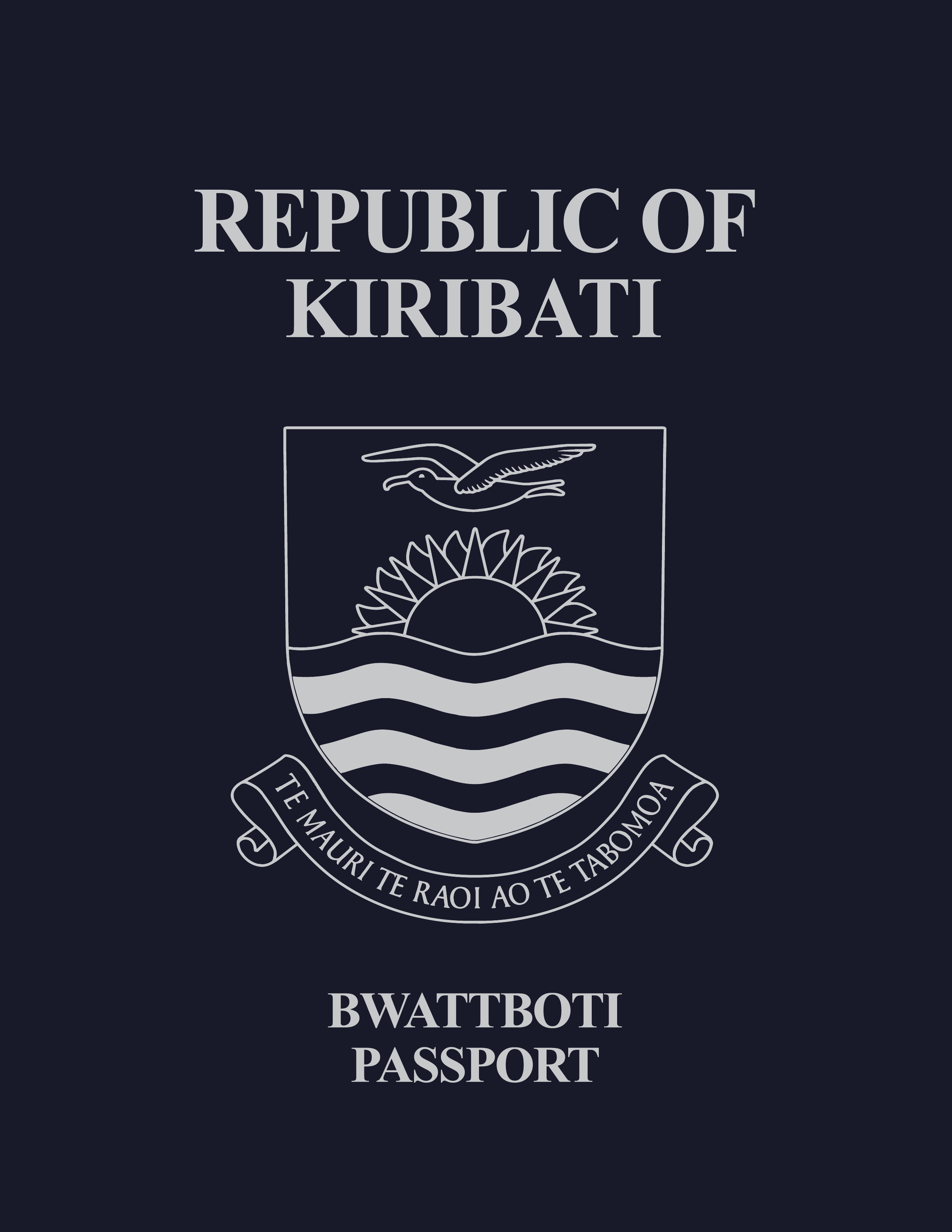Visa free access for Kiribati
As a Kiribati passport holder, you are permitted to travel visa-free to 123 countries and territories. This data is correct as of September 2024.
In order to travel visa-free, you will need a valid passport, often with at least six months until expiry. Additionally, you may need travel insurance, as required by your destination country.
Within these countries, there is often a separate section in airports where you can submit your Visa on Arrival. You will receive your visa on arrival (VOA) after entering the country that issued the visa.
Acquiring an eVisa follows the same process as applying for a traditional visa. The main difference with an eVisa is that you don’t need to visit a visa application centre. You can submit your application online, including making any payments relating to the visa.
Once the relevant authorities approve your application, you will receive a confirmation email regarding your visa status, along with a document that you must print and bring with you when crossing the border.
You will need a valid visa to enter the 123 countries with a Kiribati passport.
About Kiribati
Kiribati, an island nation in the Pacific Ocean, is known for its rich culture, diverse ecosystem, and unique climate. With a population of just over 110,000 people, this island nation is a blend of Micronesian, Polynesian, and Melanesian cultures, offering a unique cultural experience. The native language is Gilbertese, but English is also widely spoken.
The climate in Kiribati is tropical, characterized by high temperatures and humidity all year round. However, the country is vulnerable to climate change and rising sea levels, which pose a significant threat to its low-lying islands.
The economy of Kiribati is predominantly based on subsistence agriculture and fishing. The country also earns revenue from offshore fishing licenses and remittances from workers overseas. Tourism, though limited, is another source of income, with visitors drawn to the country’s pristine beaches, clear waters, and vibrant marine life.
Kiribati’s unique passport, featuring the national coat of arms and available to its citizens, is a symbol of this small but vibrant nation. The passport offers visa-free or visa-on-arrival access to many countries, making it a valuable asset for international travel. Despite its challenges, Kiribati remains a fascinating country with a rich cultural heritage and a resilient spirit.

 Kiribati
Kiribati
































































































































































































































